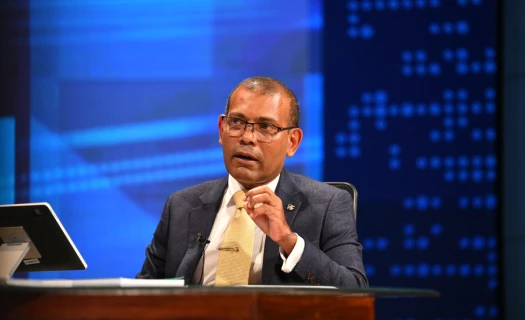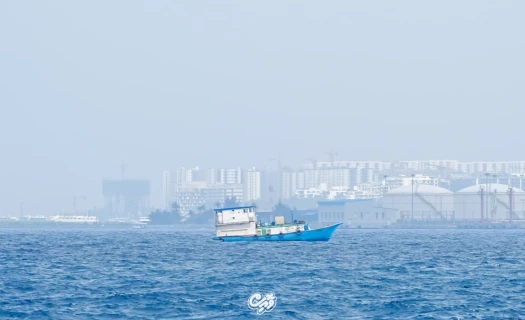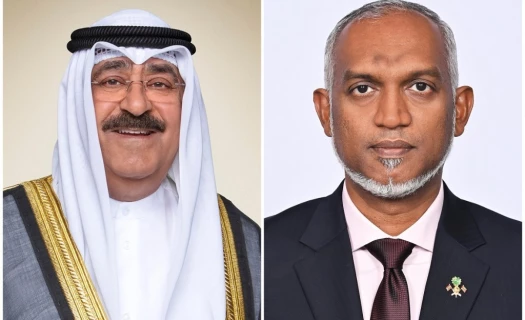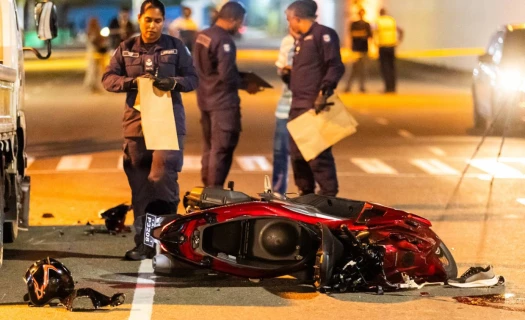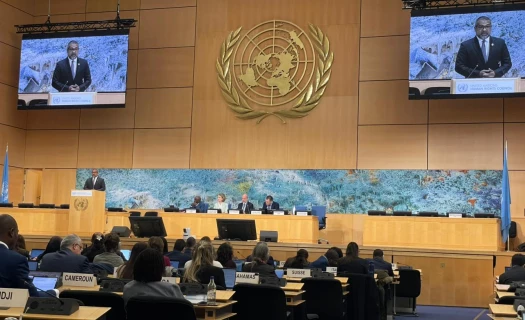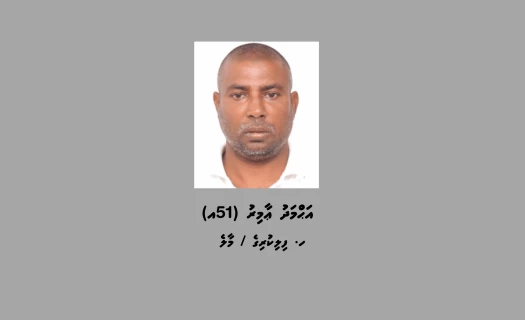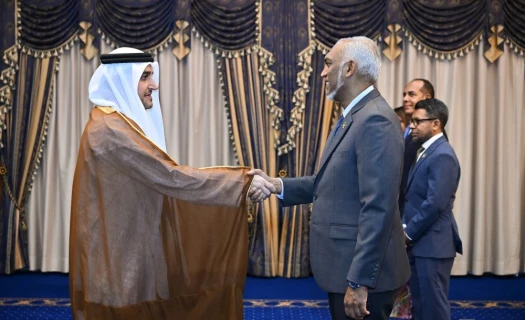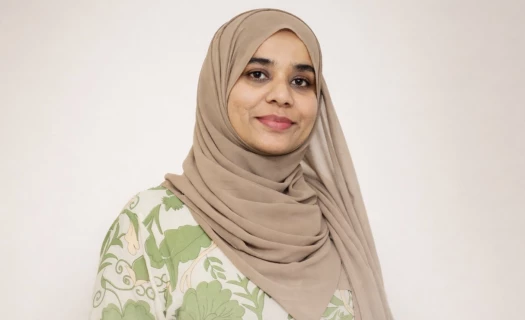Government allows 15% profit on 77 essential medicines to ease drug shortage

President Dr. Mohamed Muizzu has announced a key policy shift to address the ongoing shortage of essential medicines in the Maldives, allowing private importers to sell 77 price-controlled drugs at a profit margin of 15 percent.
Speaking at a press conference held at the President’s Office on Saturday, President Dr. Muizzu said the decision aims to strike a balance between curbing excessive pricing and ensuring a stable supply of medicines in the country.
He revealed that some private companies had previously sold medicines with profit margins as high as 2,000 percent, leading to wasteful spending within the Aasandha health insurance scheme.
To control these unsustainable practices, the government had earlier imposed price caps on essential drugs.
However, the President acknowledged that the move had led to unintended consequences, with some importers deliberately halting the supply of certain medicines in protest, thereby worsening the shortage.
They just deliberately stopped bringing some medicines
he said
adding that the resulting delays were aimed at pressuring the government.
In response, the government has taken steps to stabilize the situation.
The State Trading Organization (STO) has now imported all but 10 of the basic drugs listed under essential medications, and efforts are underway to bring in the remaining ones.
Additionally, 784 out of the 1,207 drugs on the approved list are currently available in the country, with ongoing efforts to secure the rest.
To ease the impact of earlier restrictions and incentivize private sector participation, the government has now approved a modest profit margin on 77 essential medicines.
From April 20, we cut down the huge profits taken by the private sector. But to maintain medicine stocks and encourage imports, we’ve now allowed a 15 percent profit on these items
the President said.
He reiterated the administration’s commitment to ensuring uninterrupted access to essential medications for the public, while maintaining oversight to prevent exploitation within the healthcare system.
